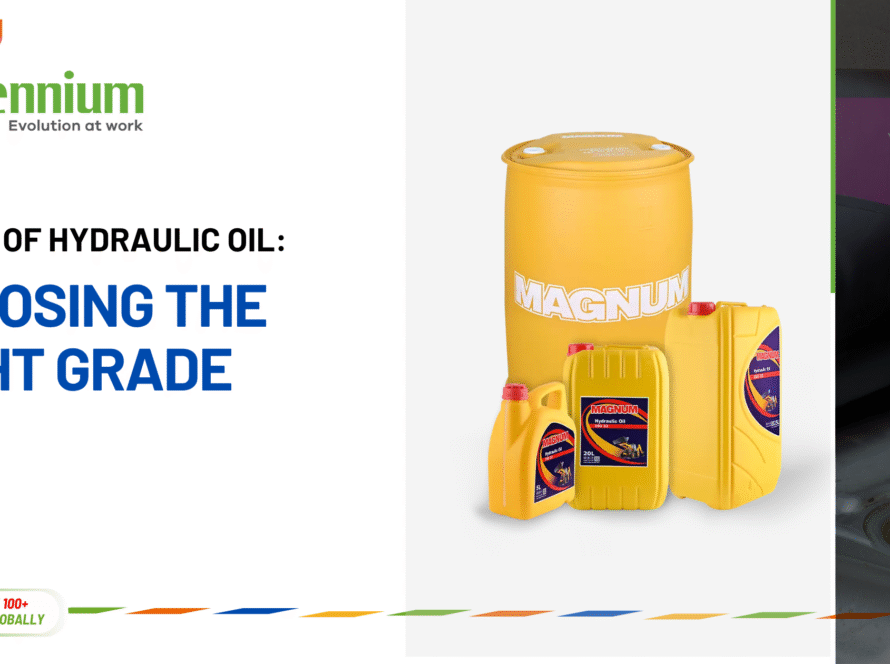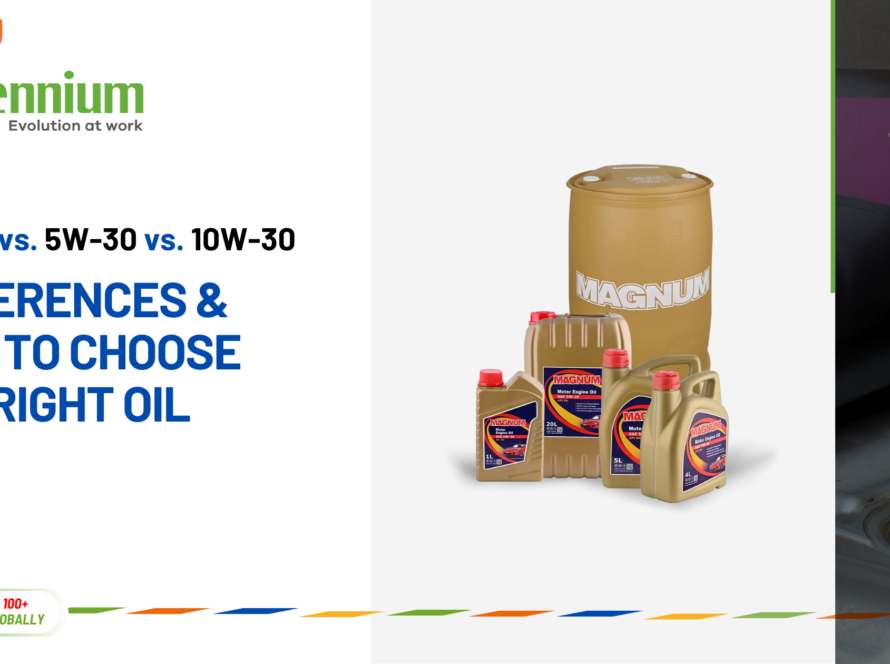Introduction
Your vehicle needs a working cooling system to avoid overheating the engine and achieve peak operation. Should the radiator contain coolant or water as its fluid?
This selection determines multiple factors concerning engine durability and operational effectiveness. We will thoroughly analyse the coolant vs water in radiator argument before revealing why coolant is better than water for vehicle health maintenance.
Role of Coolant
Antifreeze, together with its other name, coolant, serves as an engineered fluid which controls engine heat levels to prevent temperature-related system damage.
- Temperature Regulation: Engine temperature stability relies on coolant since it removes heat from engine components before releasing the energy through the radiator. Because it resists heat and cold differently than water does, it proves appropriate for numerous climatic zones.
- Corrosion Prevention: Engine protection against rust and scaling occurs through special anti-corrosive agents found in coolants. Metal components coming into contact with water can gradually degrade, forcing owners to pay high maintenance costs to fix this issue.
- Lubrication of Moving Parts: Results from the coolant vs water in radiator competition show coolant surpasses water because it provides vital component lubrication for the water pump and other vital parts. These lubricating substances decrease the amount of friction, which results in prolonged part-life expectancy.
- Compatibility with Modern Engines: Engine temperature requirements have increased in modern vehicles, thus demanding accurate temperature management from the engine. Special additives, along with properties in designed coolants, meet specific technical requirements that ensure extended reliability.
- Enhanced Boiling and Freezing Protection: A correct coolant enhances both the boiling temperature and freezing resistance of your radiator fluid. The additives in coolant protect your engine from summer heat damage along with winter freeze damage, while water would not perform under these conditions.
- Reduces Pressure Build-Up: All coolant systems function under determined pressure limits. Heat-fluid compositions work as energy stabilisers to stop radiator cap failures and hose blowouts that water-based cooling systems experience.
Why Water Isn’t Enough
Most individuals believe water serves as a sufficient fluid for radiator use. Water provides effective heat transfer across systems, although it does not contain important protective elements needed for durable engine operations.
- Narrow Boiling and Freezing Points: Water exists as either liquid or vapour from 0 to 100 degrees Celsius since its wide temperature limits make it unsuitable for extreme weather conditions. Coolants increase the engine temperature tolerance range to prevent damaging thermal effects in high or low-temperature conditions.
- No Anti-Corrosion Properties: Rust and corrosion occur inside the engine and radiator when using only water as coolant. The resulting damage becomes costly due to blocked passages and leakages, which develop over extended periods.
- Scaling and Deposits: Riverside water systems usually contain natural minerals that accumulate as scale inside engine and radiator parts, thus decreasing their operational effectiveness. Cooling fluids stop the creation of such deposits within the system.
- Lack of Lubrication: Water fails to serve as a lubricator for moving cooling system elements, which includes the water pump. The components suffer greater deterioration because of this occurrence.
Coolant vs Water Radiator Diagram
The following comparison table shows the fundamental operational diversity between coolant vs water in radiator to help you select the optimal approach for engine defence.
Feature | Coolant | Water |
Boiling Point | 105°C to 135°C (depending on mix) | 100°C |
Freezing Point | -20°C to -45°C | 0°C |
Anti-Corrosion Properties | Yes | No |
Lubricates Water Pump | Yes | No |
Prevents Scaling | Yes | No |
Suitable for All Climates | Yes | Limited |
According to the table provided, the debate between coolant vs water in radiator strongly favours coolant because it provides enhanced protection and better system performance.
Long-Term Impact
Selecting proper radiator fluid affects your automobile’s lifespan and its expenses both positively and negatively.
- Engine Longevity: The lifespan of your engine depends on coolant because it regulates temperature stability to prevent excessive heat damage and rust development. Engine failure occurs early when only water is used since it leads to both excessive heat damage and corrosion problems.
- Maintenance Costs: Water-only radiator maintenance might cost less at first, yet results in extended repair expenses since it damages the system. Using appropriate coolant saves you expenses that exceed the costs of repairing corroded parts and replacing blown gaskets.
- Efficiency and Performance: The use of appropriate coolant by engines leads to ideal combustion temperatures, which results in superior fuel economy and operational performance. Heat soak frequently occurs, along with performance losses, when operating water-only systems. This is also the reason why coolant is better than water.
- System Durability: The additives in coolant protect both rubber and metal, leading radiator hoses, water pumps, and gaskets to extend their durability. Water can accelerate their deterioration.
- Environmental Protection: People today select coolants that have environmentally friendly compositions featuring biodegradable additives and low-harming substances. Cars utilising the appropriate coolant produce fewer environmental problems than the discharge of untreated water that contains rust along with metal residue.
- Better Resale Value: Evidence of proper cooling system maintenance demonstrates that a car owner cares for their vehicle as a whole. The documentation of coolant usage paired with maintenance records produces vehicles that capture greater resale value because potential buyers recognise these cars as reliable units with minimal engine problems.
Summary
The choice of radiator coolant becomes clear when comparing coolant vs water in radiator applications. The use of coolant delivers better thermal management and protects against rust formation, which lengthens engine operational time. That’s why coolant is better than water– it provides superior performance across all climates and in contemporary automotive applications.



